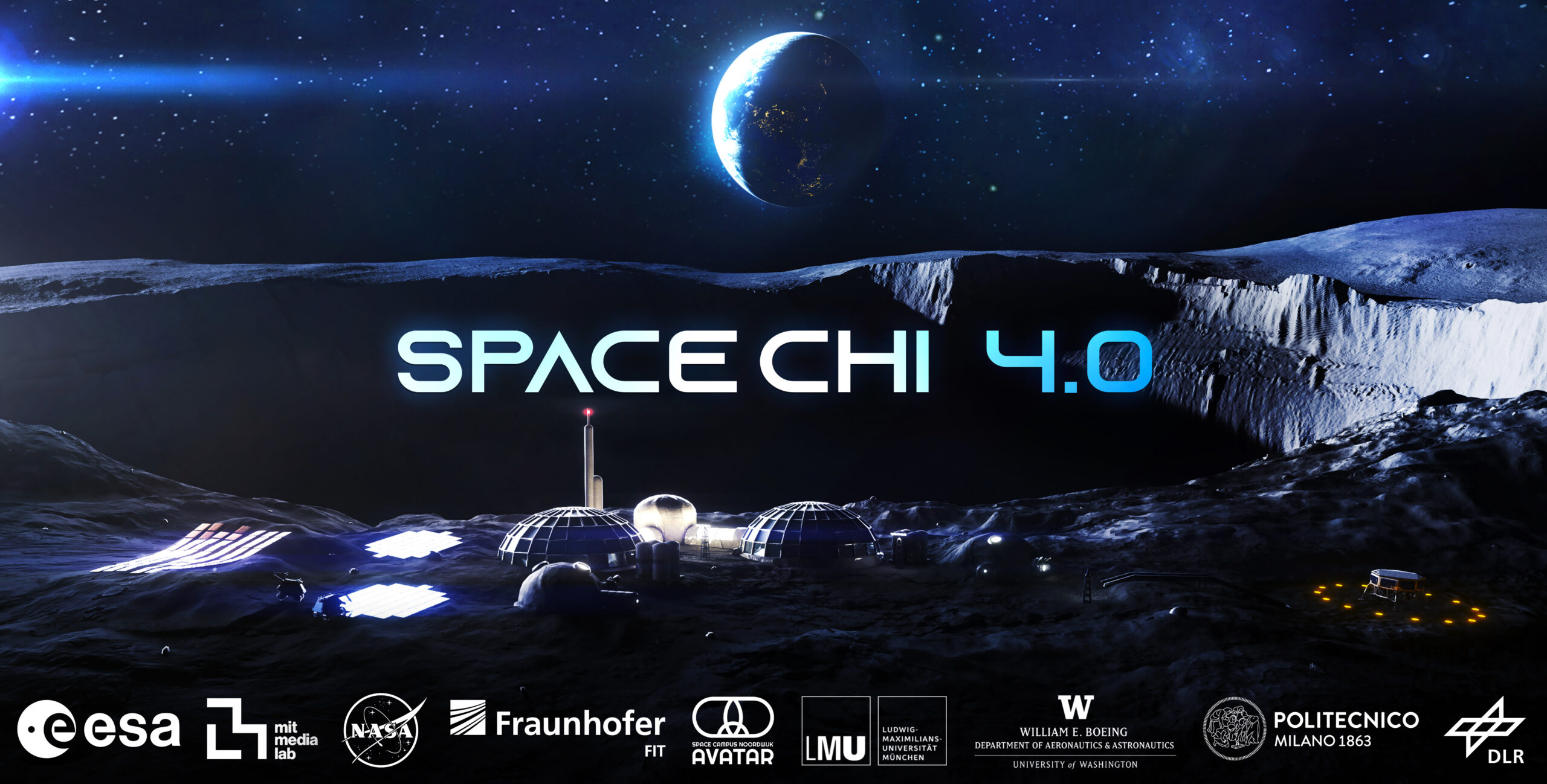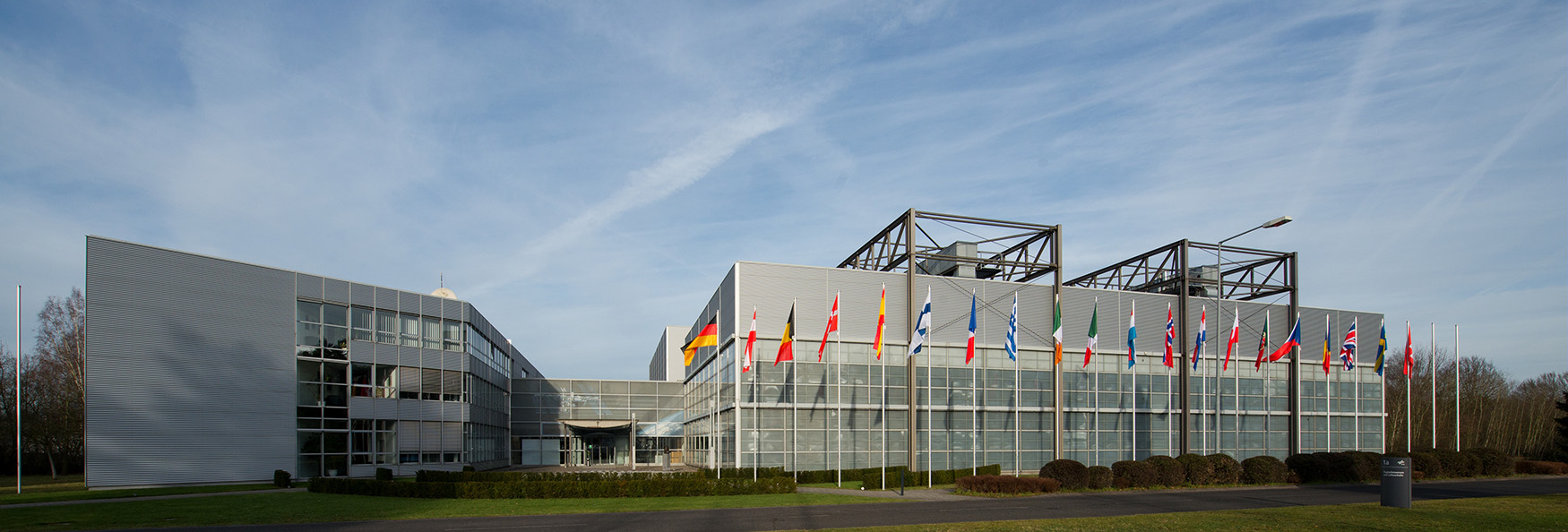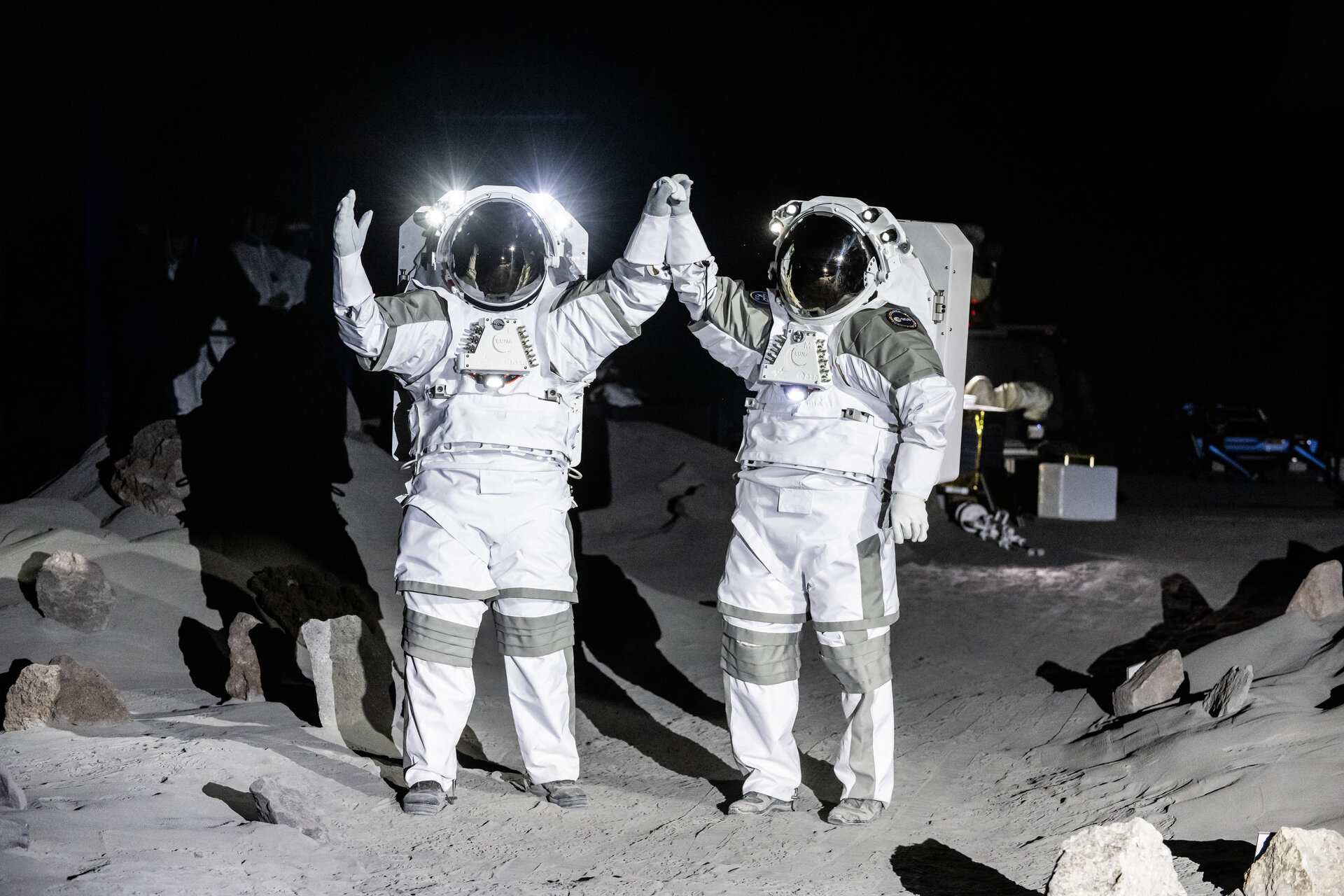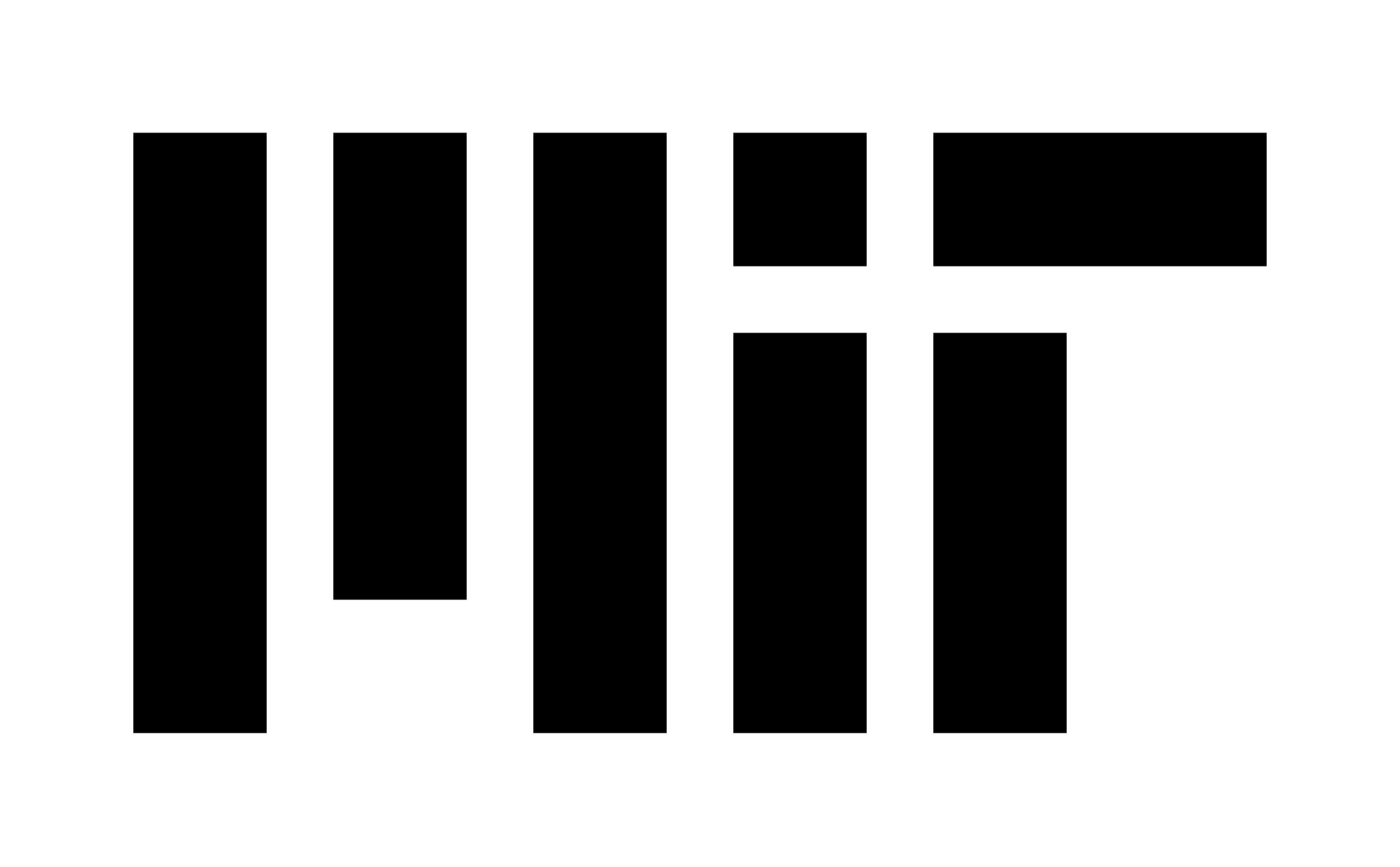
Day(s)
:
Hour(s)
:
Minute(s)
:
Second(s)
SpaceCHI 4.0 at the European Astronaut Centre
June 23-24, 2025
After three successful annual workshops, SpaceCHI is evolving into a standalone conference, dedicated to advancing human-computer interaction (HCI) in one of the most exciting and challenging domains: space exploration. We welcome submissions from researchers and practitioners in academia, industry, and beyond, across disciplines such as HCI, aerospace engineering, psychology, human factors, robotics, and space science. Join us in pushing the boundaries of technology, design, and human experience in the context of space exploration!
Important Dates
-
Submission – 31st March 2025
-
Notification – 14th of April 2025
-
Camera ready – 30th of April 2025
-
Conference – 23rd and 24th of June 2025
Submission Guidelines
To contribute to SpaceCHI 2025, please submit a paper on a topic related to HCI in space exploration, including (but not limited to):
- Human-AI Interaction for Space Exploration
- On-body/Wearable Technology for Space Health
- Human-Robot Interaction for Deep Space Mission
- Interfaces for Human Expression in Space
- Trust within Autonomous and Intelligent Systems
- Cognitive load and Human Performance Issues
- Computer-supported Cooperative Work
- Space Fabrication
- Augmented Reality/Mixed Reality
- Space Food & Humanizing Space
- Built Environment & Space Architecture
- Smart Vehicles & Navigation
- Digital Fabrication for Space Missions
Submissions should follow the OASIcs style template, available for download here. We welcome a variety of submissions, including full research papers, position papers, and work-in-progress papers. While there is no strict page limit, the length of each submission should correspond to the scope and significance of its contributions. Most SpaceCHI submissions typically range between 5 and 15 pages. Examples of papers from previous years can be found here, here or here.
All submissions must be anonymized. Papers will be selected through a single round of double-blind peer review. Submissions will be evaluated based on:
- Relevance: Alignment with the theme of HCI in the space domain.
- Impact: Potential to stimulate meaningful community discussion.
- Originality: Novel contributions to the field.
The authors of accepted papers will be invited to submit a camera-ready manuscript for inclusion in the conference proceedings. Accepted papers will be published as part of the OpenAccess Series in Informatics (OASIcs), a peer-reviewed, open-access series hosted by Schloss Dagstuhl. The proceedings will be indexed, assigned a DOI, and made publicly available under a CC-BY-4.0 license.
At least one author of each accepted paper must register for and attend the conference to present their work. Remote participation is possible. By submitting a paper, authors confirm that neither this paper nor a closely related version is under submission or will be submitted elsewhere before notification by SpaceCHI. All submissions are made using CMT by following this link.
Due to the limited capacity of our conference venue at ESA EAC, we prioritize attendees who are presenting papers. However, depending on final registrations, a small number of additional on-site spots may become available. These will be allocated on a first-come, first-served basis, with final availability confirmed after the submission period closes. If you are interested in attending in person without presenting, please reach out to us, and we will notify you as soon as we have more details.
For those who do not secure an on-site spot, we offer a remote participation option via Zoom, allowing attendees to follow all presentations and discussions. The registration fee for remote participation is reduced.
The European Astronaut Centre
The conference will take place at the European Astronaut Centre (EAC) in Cologne, Germany. As the hub for the European Space Agency’s astronaut corps, EAC is responsible for astronaut selection, training, and mission support. Conference attendees will be given a tour of the centre and its key facilities, including the cutting-edge LUNA analogue testbed, designed to replicate lunar surface conditions. We are also working to confirm the participation of experienced astronauts and other uniquely qualified experts in the field. More details on this will be announced soon.


Contact
For questions regarding submissions and other conference matters, please contact the co-chairs Leonie Bensch or Tommy Nilsson.
Steering Committee
- Tommy Nilsson, ESA EAC / Fraunhofer FIT
- Leonie Bensch, MIT Media Lab/ ESA EAC / German Aerospace Center
- Albrecht Schmidt, LMU Munich
Pat Pataranutaporn, MIT Media Lab
Valentina Sumini, MIT Media Lab - Martin Nisser, University of Washington
Joseph Paradiso, MIT Media Lab - Aidan Cowley, ESA EAC
Dava Newman, MIT Media Lab - Cody Paige, MIT Media Lab
Marianna Obrist, University College London
Scott Davidoff, Jet Propulsion Laboratory, California Institute of Technology - Leif Oppermann, Fraunhofer FIT
Amber M. Paul, Embry-Riddle Aeronautical University, NASA ARC, Blue Marble Space Institute of Science
Dorit Donoviel, Translational Research Institute for Space Health
Sands Fish, MIT Media Lab
Ariel Ekblaw, MIT Media Lab
Pattie Maes, MIT Media Lab - Melodie Yashar, San Jose State Research Foundation, NASA Ames
Alonso H. Vera, NASA Ames
